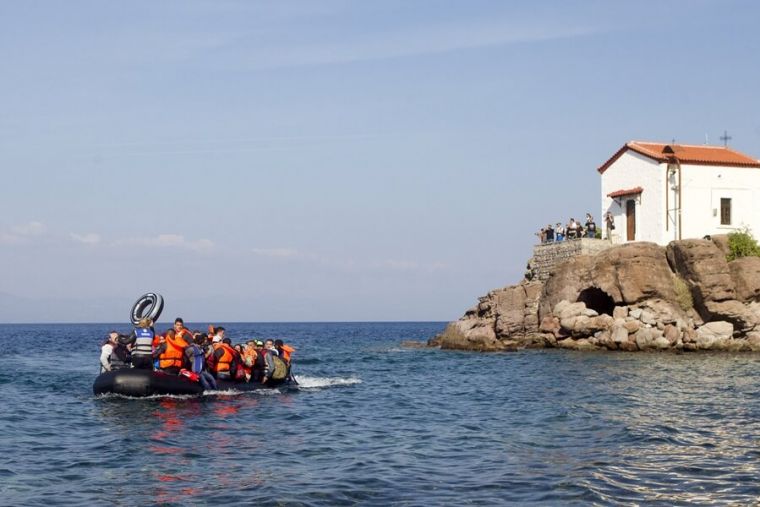In Europe, some Christian churches are removing altars and even crosses to 'accomodate' Muslim refugees' needs

Some Christians in Europe are making major adjustments in their places of worship—including the removal of altars and even crucifixes — to "accommodate the needs of refugees from conflict areas in the Middle East."
In Oberhausen city in Germany, a Protestant church went to the extent of removing important fixtures such as altars and pulpits to make the Muslim migrants feel more comfortable.
Pastor Joachim Deterding, who oversees the church, explained that he just wants the 50 refugees who found temporary shelter in the area to have a more liveable space, and for them to feel they are welcomed in the community.
"Before the refugees can move in, the seats have to be taken away. Also the altar, the pulpit and font are movable," Deterding said, as quoted by The Sunday Express.
Aside from these adjustments inside the church, washing machines will also be made available outside the place of worship to enable the refugees to do their laundries.
On top of these, the asylum seekers will be provided free meals.
Oberhausen City spokesman Reiner Suhr said they are doing all of these for the refugees out of kindness and goodwill.
"The parish had offered that to the city. We accept it gladly," Suhr said.
Also earlier this month, the lesbian Bishop of Stockholm, Eva Brunne, told a church in her diocese to remove all crucifixes to make the building "more inviting" to Muslim worshippers.
"It is important that there are places for praying sisters and brothers and we show hospitality and tolerance, regardless of faith," Stockholm said to explain her order.
"Good people of different beliefs must be able to meet and help each other," she added.
On the Greek island of Lesvos, meanwhile, an Orthodox Church has been turned into a makeshift shelter and hospital for arriving refugees.
"Bunches of sick people inside the churches. Even the priest was helping and his wife was running back and forth with cups of tea for the wet and cold refugees," Helen Zahos, a volunteer in the church, said in an article on Pappas Post.











